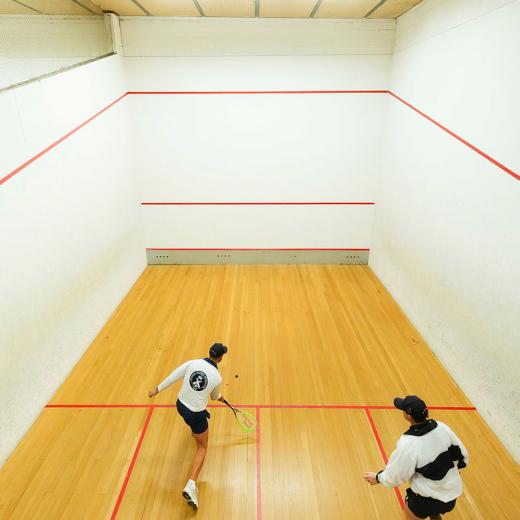BLUF
It’s easy to criticise someone as being a bad leader, but much more difficult to see the faults in our own leadership style.Summary
How many of us have a true sense of self-awareness regarding our leadership strengths and weaknesses? That’s a question posed by Army officer Kerry Dunne. Dunne was left pondering that question following a promotion course she attended. First, the course instructor asked the class—‘How many of you have ever worked for a bad leader’? All 90-odd officers in the class raised their hands. But when the instructor followed up with a second question—‘How many of you are bad leaders?’—not one person raised their hand. Dunne said the instructor’s social experiment results struck a chord with her, and as a result, she found herself ‘buried in deep self-reflection’. She asked herself:
Where are our blind spots, not just in command appointments but in all leadership roles?
What concerns do others see in us that we fail to recognise in ourselves?
Do we dedicate enough time to critical reflection on our performance, or do we focus on the successes we have enjoyed?
Dunne argues that leadership is often hard to get right because it is difficult to be all things to all people. She believes that it is vitally important that leaders must have a thirst for improvement—both for themselves and their team.
References
Jan 2021 Forbes Why Reflection Is Crucial To Leadership, Future Planning And Success
Aug 2021 Positive Psychology What Is Self-Awareness and Why Is It Important? (+5 Ways to Increase It)
Sep 2021 Psychology Today 3 Ways Accurate Self-Perception Can Improve Your Leadership





